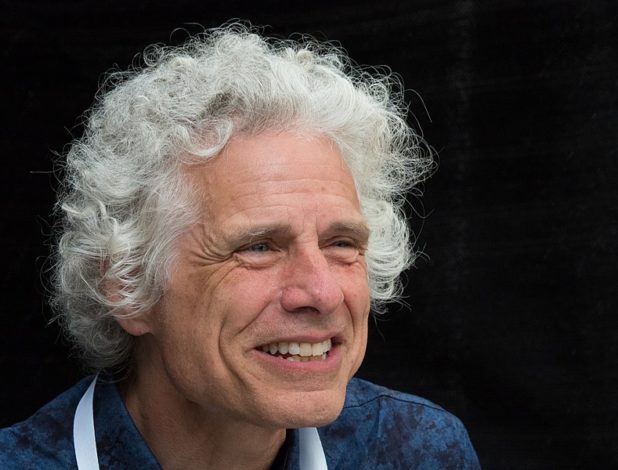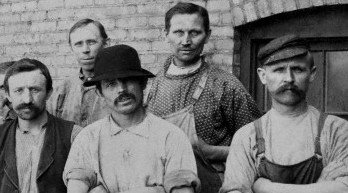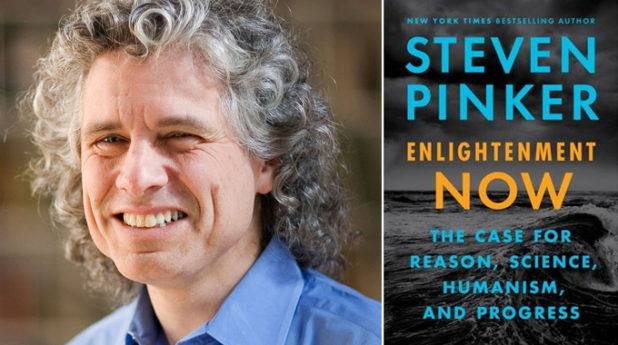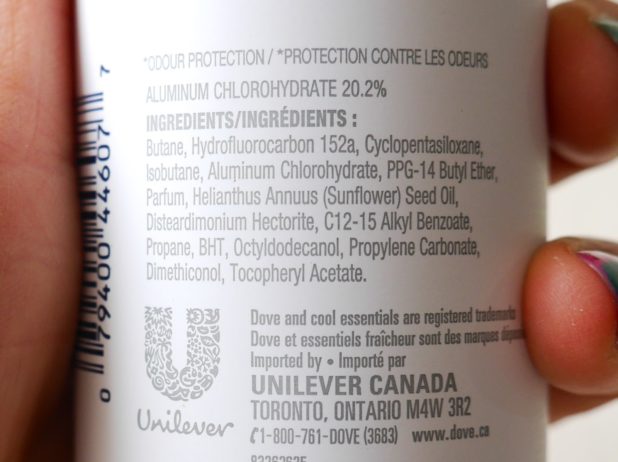Pomidor Quixote
Daily Stormer
January 23, 2020
The Steven Pinkers of the world will tell you that we’re living in the best time ever thanks to PROGRESS, that poor people are less poor and that you should be happy that the infant mortality of Africans is dropping.
But what if the poor people of today were suffering more than the poor people of the past?
How would Progress explain that?
Poor British people in 2020 are unhealthier than those born into poverty 100 years ago, a study has found.
Adults on low incomes who were born in 1920 enjoyed better health between the ages of 30 and 60, compared to those born in 1970.
The study considered how many people are living with long-term illnesses which are considered ‘life-limiting’ – such as heart failure, as well as self-reported health.
While a quarter of the least well-off men born in the early 20th Century were found to be in bad health, that figure has now risen to one in three.
Meanwhile, the opposite has been true for the richest people, who now have poor health rates of around one in 10, showing the gap between rich and poor has widened.
University College London researchers said the gap will only get worse unless action is taken to address the widening inequality.
The study analysed data for up to 263,390 people in the British General Household Survey from 1979 to 2011.
The results used were people’s own reports of how healthy they were, how they felt and also whether they had serious illnesses.
People could be divided into the poorest third of the population, the wealthiest third and the middle class.
The research did not give exact income breakdowns but government figures define households earning more than £900 per week as the wealthiest 30 per cent, and those earning less than £300 per week as the poorest 30 per cent.
The study found women born in 1968-70 are twice as likely to have serious health problems than those born in 1920-22. The risk for men increased 1.5 times.
A quarter of the poorest men in the 1920s (26 per cent) had serious health problems, compared to more than a third in 1970 (35 per cent).
And among women, this rose from one in seven (15 per cent) to one in five (19 per cent).
There are lots of things that poor people can access now that the poor people of the past couldn’t.
Like edibles with ridiculous ingredient lists.
Also, toxic personal hygiene products intended for daily use, like soap, shampoo, and deodorant.
The acolytes of Progress will present having access to such products as proof of progress, but what if widening the access to these things is actually bad for people?
For the richest households, however, the proportions of people reporting bad health shrank significantly during the same time, the study found.
‘The results presented here show a widening in health inequalities by income,’ wrote Dr Stephen Jivraj, who led the study.
Dr Jivraj added: ‘They point to a greater future demand in healthcare from people in society who will be least capable of managing their health as they enter ages when [ill health] becomes more common.’
Dr Jivraj said it was beyond the scope of his study to say why the health of poorer people was getting worse.
But he suggested it was because the differences between the rich and poor were getting larger.
One of the reasons for this may be that, as house prices rise, the value of the homes of the wealthiest families increase, making them richer, while the poor are still left without property of their own and increasingly less likely to afford it.
People in poverty are known to have worse health outcomes because being short on money causes constant stress.
It is also more expensive to eat healthy foods and poor people are known to be more likely to smoke cigarettes.
Yes, poor people of today are unhealthier than poor people of the past because rich people today have more than the rich people of the past, and rich people having more stuff is bad for the health of poor people because… uh… inequality is bad, okay?

Perhaps what we should be looking at isn’t what poor people don’t have when compared to rich people, but what the poor people of today have that the ones from the past didn’t.



